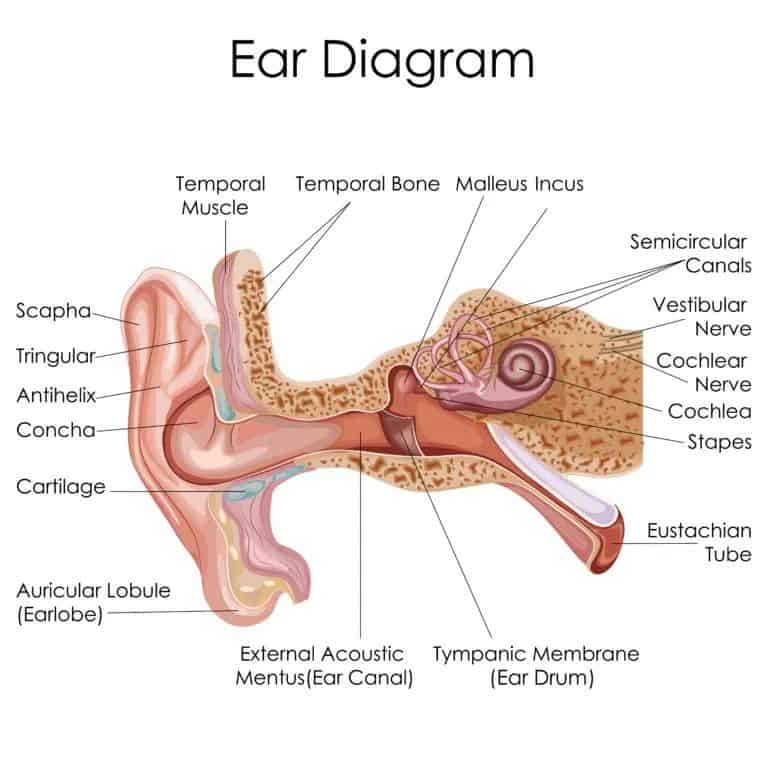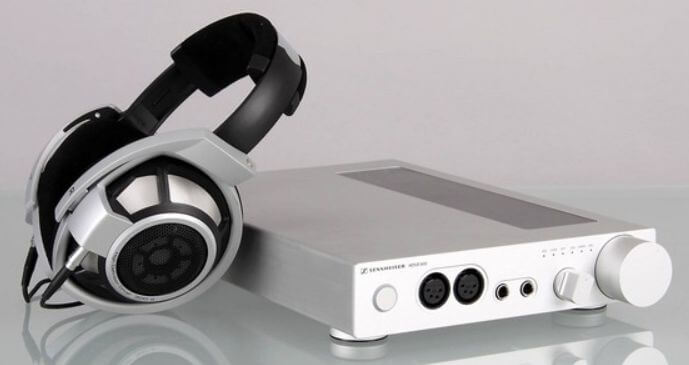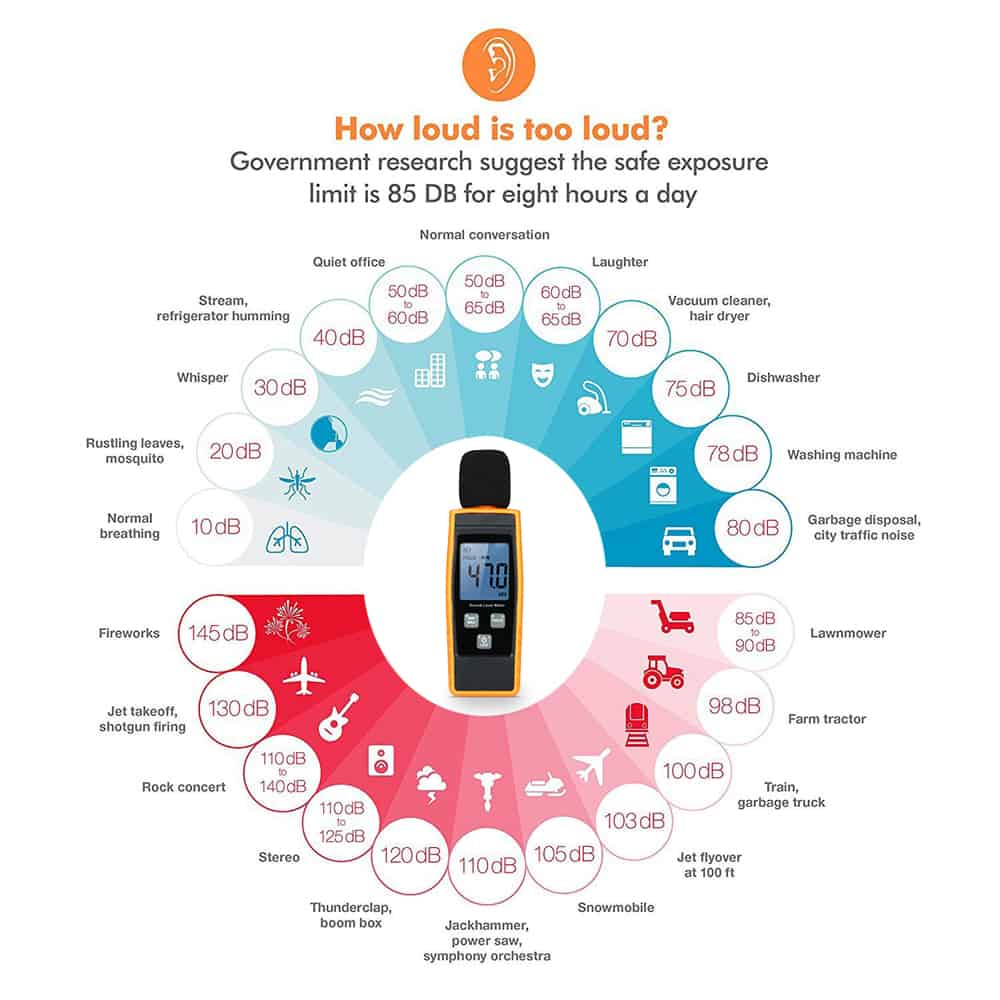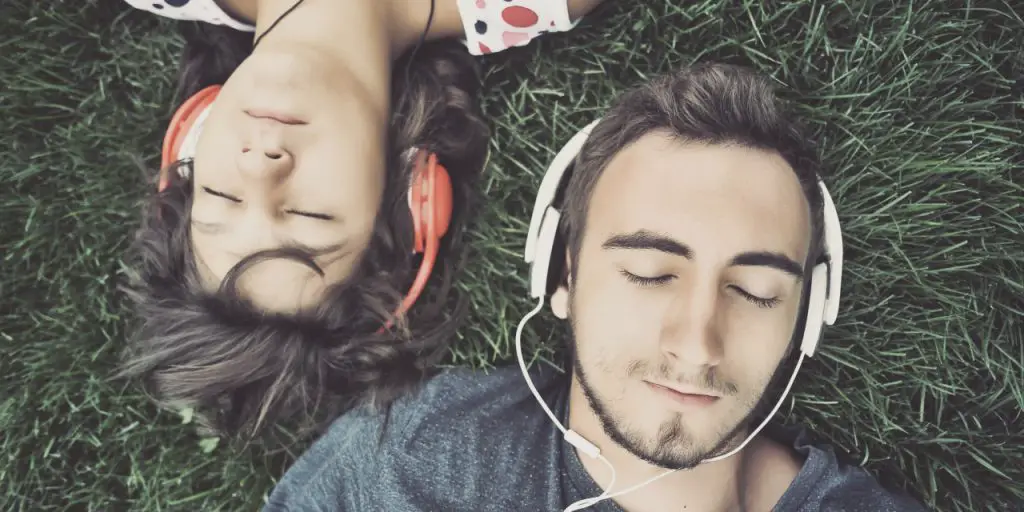How to Protect Hearing – Hearing Protection Tip 101
For musicians, the most important thing is the ears. Making music requires a long time to deal with speakers and headphones. Protecting your hearing becomes a top priority. This article will talk about how to protect your hearing.
How do We Hear the Sound?
The ear converts the physical movement of air (called the pressure change of sound waves) into data (called nerve impulses). This data is transmitted to the brain to process and explain what is happening in the world around us. The sound waves collected by the outer ear pass to the eardrum, which works like a microphone, receiving sound waves and converting them into mechanical energy.

Many musicians, especially those engaged in live performances, have experienced varying degrees of hearing discomfort. There are also some musician teachers, who have suffered a lot of pressure from the stage for a long time, and their ears have dropped sharply. Therefore, musicians should pay more attention to listening habits than ordinary listeners.
For audiophiles, they often listen to all kinds of speakers. Cultivating good listening habits is also very useful for protecting hearing.
For musicians, the most important thing is the ears. Making music requires a long time to deal with speakers and headphones. Protecting your hearing becomes a top priority. This article will talk about how to protect your hearing.
Turn on the Speaker/Headphone Correctly
Before turning on the speaker, check the volume, and adjust the volume to a lower level.Before wearing the headset, first, play a piece of audio to listen to the sound from the headset. Make sure that the sound is not too loud before wearing it.
Being able to develop the above two guidelines can prevent such problems to the greatest extent. In many cases, we cannot predict how loud the next audio will be. Will the music software and device malfunction? Will the monitoring volume on the sound card be reset to 0dB due to other circumstances?

It is easy to turn up the low volume, but it is too late to turn down the volume when you hear a “boom” sound. Burning the speaker is a small matter compared to the damage to your hearing.
Listening Volume
When using monitor speakers, the monitor volume should be lower than the standard listening sound pressure. The standard monitor sound pressure of the mixing studio is 85 dB SPL. This loudness is more used for final inspection work. In actual practice, to reduce hearing fatigue, it will work between 70-75 dB. A bear kid screaming one meter away has a sound pressure of about 85 dB. The monitoring sound pressure of 85 dB does not sound very noisy. Many people usually listen to songs and involuntarily increase the volume. Attention is easily exceeded.

The sound pressure level can be measured using a sound pressure meter or a similar APP on the iPhone. After testing, you will probably know where to adjust the monitor volume on your sound card. The output volume is about 85 dB. Remember, at this position, do not let the output volume exceed this position.
When using headphones to listen to music, everyone has different habits about the volume. Just like some people have a slightly salty taste, and some people have a weak flavour. There seems to be no uniform standard for headphones. But in principle, I think that if you can hear clearly, use low volume monitoring as much as possible. Loud volume is bound to cause fatigue more easily and cause hearing damage. Especially try not to use the headphones in a noisy environment, because in a noisy environment you want to hear clearly, you must inevitably have to turn up the volume.
Avoid Continuous Listening
Working with monitor speakers, every hour of continuous listening, you must take a break for at least five minutes to get up and move. Not only for the ears but also the health of the body. When in the shed, you may have to work continuously for 8-12 hours a day, and a combination of work and rest is necessary. Continuous listening for a long time is more likely to cause hearing fatigue and affect the accuracy of sound judgment, reducing efficiency.

Monitor headphones are more prone to fatigue than monitor speakers, not only the exhaustion of regular listening, but also the headset’s weight, the pressure of the headset spring, and other factors. I think that the fatigue point of listening to music with headphones is about an album, that is, no more than 50 minutes. If you use headphones for more than 4 hours a day, you should use speakers whenever possible.
How to detect hearing fatigue?When you find that you can’t hear clearly at the existing loudness, and subconsciously want to turn up the volume, it may mean that you need to rest. If there is no end to raising the volume up, it will exceed the standard monitoring loudness and cause more damage, which is wrong. I would even ask myself to turn down the volume when I can’t hear it, rather than turn it up. If I still can’t hear it, stop and rest for a while.
Does listening to Music with Headphones Hurt Your Hearing?
The answer is yes. Long-term exposure to high volume environment will affect hearing health. In order to protect hearing, continuous working time should not exceed 8 hours in 85-decibel environments. But many people have been listening to music excessively for a long time, and they still don’t know it.
Some people may ask, the sound is too loud, can’t the ears feel it?Everyday life is full of various noises. Listening to music in a noisy environment can only be heard clearly if louder than the noise. So we unconsciously turn up the volume. Since part of the sound and noise “cancel” each other, the perceived volume is normal, and already damages your hearing hair cells.To ensure healthy hearing, the European sound pressure test standard EN50332 stipulates that the maximum sound pressure of audio products cannot exceed 100 decibels. But the maximum sound pressure of many unqualified products is much higher than this limit.
Conclusion
how to protect your hearing?
- Try to avoid staying in a loud sound environment
- Limit the time spent in a noisy sound environment.
- When in a noisy sound environment, please wear ear protectors or earmuffs.
- Do not turn up the volume of the speaker/headphone very much, use a lower volume.
